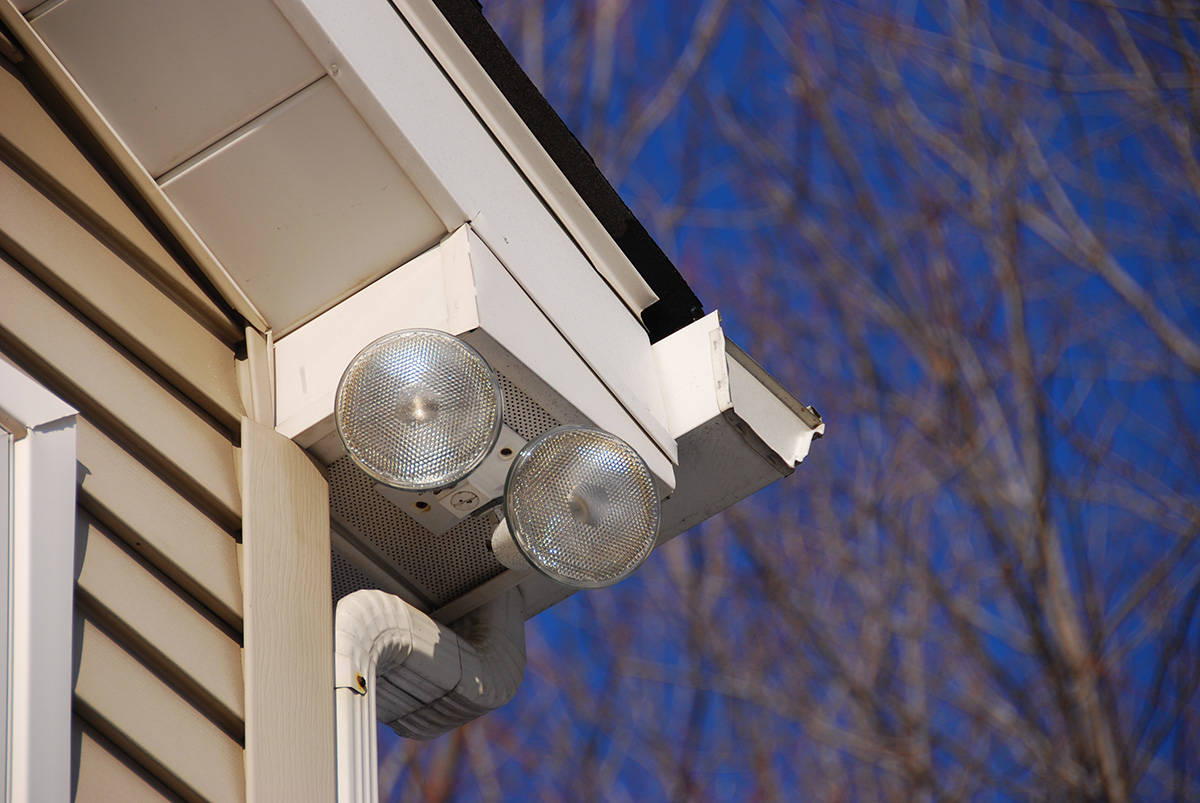HOA community lighting is a matter of security
Q: I have been a faithful reader of your weekly column in the Las Vegas Review-Journal and greatly appreciate your thorough answers to the numerous questions you receive relative to homeowners association issues. Recently, I have become aware of an issue within my community and need some clarification before undertaking any action with the HOA board of directors. I hope you can help.
Our community is small (less than 60 homes) with private streets without any overhead street lights The builder planned the community to be illuminated only by coach lights affixed to the exterior walls or garages of the individual dwellings. Such lighting creates the rural character of the community but results in a certain degree of darkness at night The covenants, conditions and restrictions explicitly state that no overhead lighting of any kind and/or any type of high-intensity exterior lighting will be allowed on individual units or common elements.
Some homeowners have affixed additional exterior lighting fixtures, commonly referred to as “security lighting,” to the exterior of their dwelling. The homeowners have claimed that they feel the need to have an additional layer of personnel security in addition to standard home alarm systems or security shutters due to the reduced level of lighting within the community and a home burglary that has occurred within the community. However, such installations appear to be a direct violation of the CC&Rs, even if approval may have been obtained from the HOA Architectural Review Committee.
My question to you is: Does Nevada Revised Statues No. 116 make any reference to a homeowner’s right to install any form of security/safety device (lighting, shutters, screening) on their lot or dwelling?
Thank you in advance for any information you can provide.
A: In 1986, the California Supreme Court heard a case pertaining to the lack of appropriate exterior lighting at a condominium association, Francis T. v. Village Green Owners Association. In this case, the association board denied the architectural request by the plaintiff to install additional lighting.
Under the cover of darkness on Oct. 9, 1980, the plaintiff was molested, raped and robbed. This was not the first time that an incident occurred at her home. In April of 1980, her home was burglarized. The record shows that the homeowners in her location were concerned about the lack of appropriate lighting. The plaintiff had requested on more than one occasion to obtain permission from the board to install the additional lighting. Having heard no response from the association, she installed the lighting. She was then sent a violation notice, had a hearing and was required to remove the lighting on Oct. 6, 1980. The board’s decision was based upon the language in their governing documents.
The association lost the case.
It appears to me that your association has a similar problem with their governing documents versus the security of their residents. If an incident were to occur in your association, you can bet the plaintiff’s attorney will definitely use the California case in a personal injury case against your association.
Your association should contact their legal counsel to see if the association can either modify the language in their governing documents or modify their architectural guidelines.
As to NRS 116, there is no specific section pertaining to security that would address your issues.
Barbara Holland is a certified property manager and holds the supervisory community manager certificate with the state of Nevada. She is an author and educator on real estate management. Questions may be sent to holland744o@gmail.com.




























